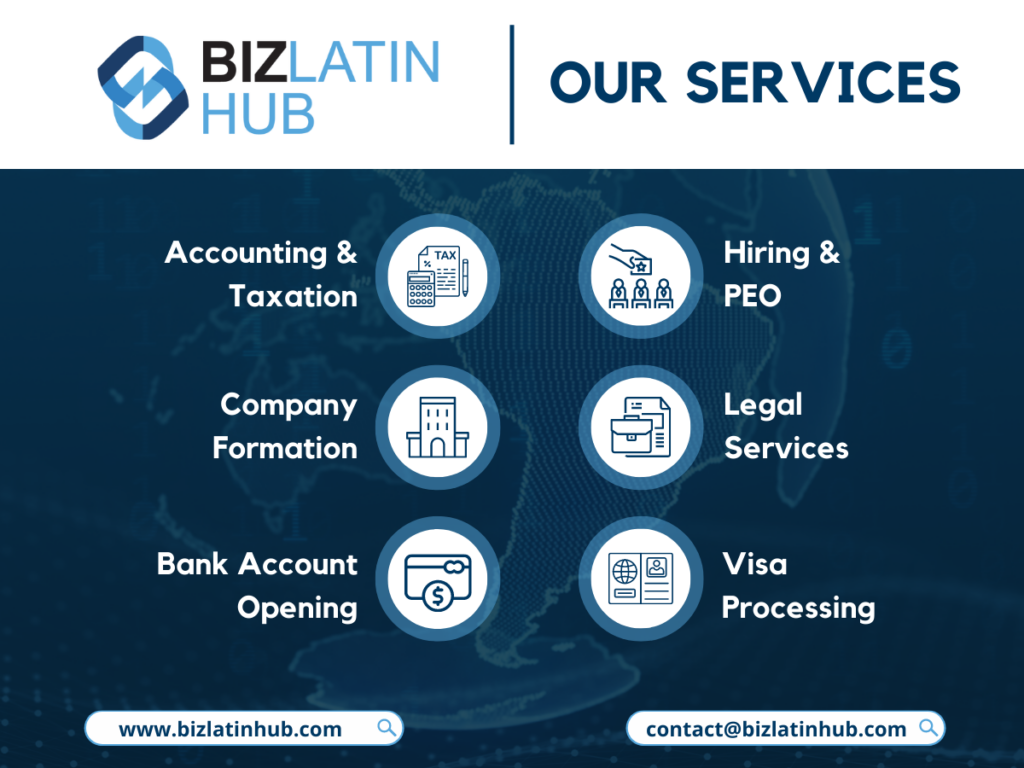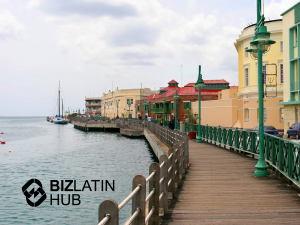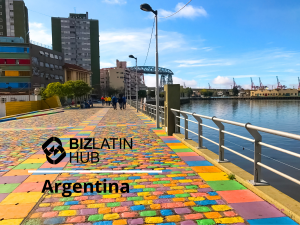Latin America’s growth rate as a region is surging ahead. Its economic revival is fueled by progressive legislative reforms, subscriptions to international standards, and greater connectivity. Improving wealth drives demand and consequently, new industries are surfacing across the continent.
One great indicator of business health is observing startup activity in the region. In 2018, startup investment reached an all-time high. The Latin America Private Equity and Venture Capital Association (LAVCA) reports venture capital funding totaled around US$2 billion. In 2016, this figure sat at US$500 million.
So what startup activities are we seeing in Latin America’s ‘Big Four’ economies? We explore emerging business behavior in these regional powerhouses.
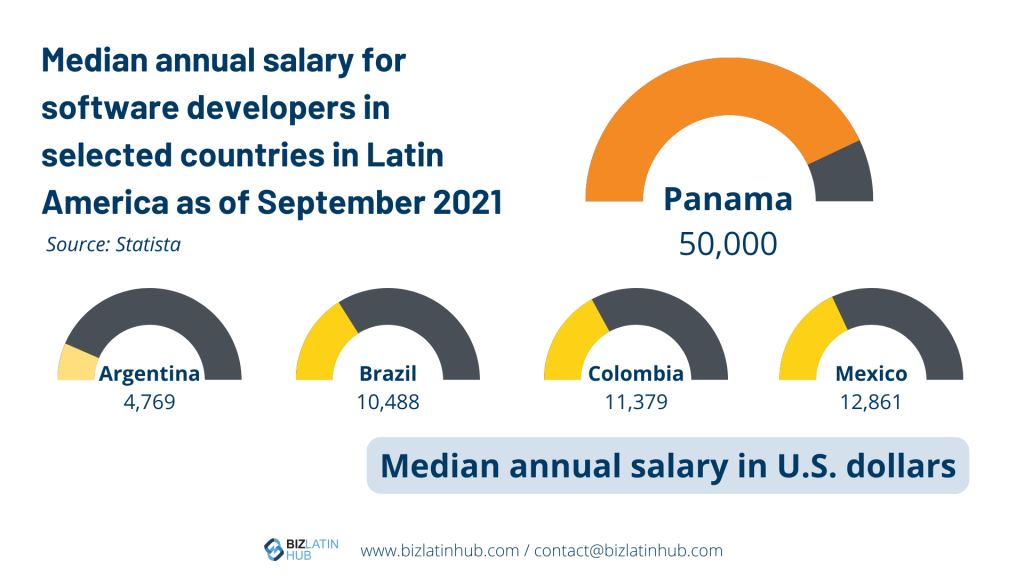
Regional Startup activity in Latin America
According to LAVCA, two main areas benefited the most from the region’s investments in 2018:
- Energy and infrastructure
- Information technology.
Undoubtedly, startup investment concentration reflects the unparalleled opportunity offered in these sectors as digitalization and sustainability dominate global agendas.
Latin America’s startup ecosystem is flourishing, with increased presence of incubators, accelerators and intellectual property patents and agreements. Greater adequacy in regulatory frameworks and investor benefits are luring foreign entrepreneurs and driving innovation.
Boom in fintech innovation
Financial technology or ‘fintech’ is a common denominator across startup landscapes as more of the region comes online.
Market observers predict that by 2022, 180 million people will register for online financial services, and 91.8 million of those will be actively making online transactions.
With the spotlight on Latin America as an up-and-coming region for growth and development, investment increases. The four biggest economies in the region, Brazil, Mexico, Colombia and Argentina, are markets to watch for trending startup developments.
Brazil a popular choice
Startup activity is booming in Brazil, Latin America’s largest economy. The country boasts a GDP of US$2.25 trillion. 2018 was a hugely successful year for Brazil’s venture funding. The amount invested, US$1.3 billion, represented nearly two-thirds of Latin America’s venture funding total. That’s a significant step up from the US$279 million Brazil saw in 2016.
Brazil’s productivity and increasingly welcoming business environment is pulling around 40-50% of large companies’ investment in startups in Latin America. Projects such as Startup Brazil are supporting business exploration of Brazil’s investment potential. Venture capital deals made in Brazil in 2018 represent 9 of Latin America’s top 14 deals by dollar amount.
Venture capital firms are finding their homes in Brazilian hubs such as Sao Paulo.
Brazil’s recent deals lie in fintech, education, e-commerce, shipping and logistics, medical, and business-to-business service industries. Fintech startup Nubank raised around US$330 million in 2018. Movile brought in US$500 million in financing for iFood, a food delivery service.
The diversity with which investment is channeling into Brazil offers significant opportunities for commercial actors across a range of sectors.
Mexico leads fintech startup growth
As the second largest community in Latin America (GDP US$1.18 trillion), Mexico is showing its strength as a viable startup hub in the region. In 2018, Mexican startups raised 23.7% of the total venture capital investment for Latin America. Top funding types are seed, pre-seed, angel, series A and series B.
Its government backs projects supporting investment and development. Geographically, the country sits in an advantageous position for new businesses looking to reach both Southern and Northern American customers. Additionally, Mexico can assist North American tech investors willing to participate in the rapid digitalization of their Southern counterparts’ regions.
Domestically, like Brazil, Mexico’s population of over 132 million offers favourable business conditions for startups. Accessing large populations who have begun using mobile commerce, or opened a bank account for the first time, has incredible dollar potential.
To further boost Mexico’s attractiveness as a venture capital destination, the government introduced the Law to Regulate Financial Technology Institutions. Fintech is a consistently valuable move for investors in Latin America, as digital literacy increases. Mexico in particular leads financial innovation for the region. Edging ahead of Brazil, the country is home to 394 fintech startups (Brazil sits at 370). By the end of 2022, an estimated 39.6 million people will be registered users of online financial services in Mexico.
Argentina catches up to its counterparts
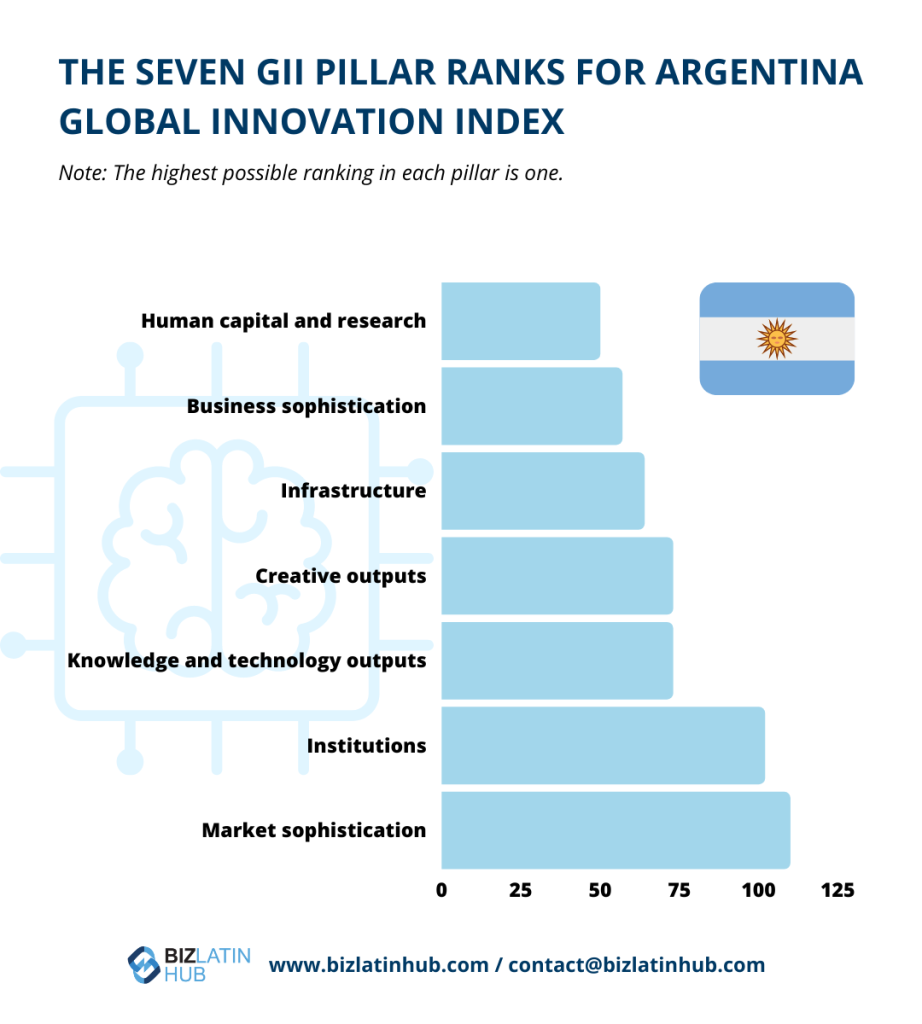
Sitting at US$470.53 billion, Argentina is Latin America’s third largest economy by GDP. The country’s startup scene could debatably be considered the one with the most ‘undiscovered’ potential to date, out of the big four. Apprehension to open markets to draw in major investments seems to prevent Argentina from its own economic development. Historically, it has been difficult for startups to obtain capital for lack of supporting legal frameworks.
Nevertheless, Argentina has brandished a healthy startup scene since the 2000s. The government is now taking greater steps to improve the country’s investment viability as well. In 2017, an Entrepreneurs’ Law came into force, aiding President Macri’s push for a more open, attractive Argentinian commercial landscape.
This law reduces business registration time from a whopping 6 months down to just a few days, via an online application system. The law peels back bureaucratic barriers to entry and investment, and offers support for accelerators and crowdfunding platforms. The government now provides financial and technical assistance to 13 different accelerator programmes.
Now, 326 resident startups stretch across e-commerce, IT, food technology, agritech, and mobile and digital media.
Colombia is open for business
In fourth place in terms of GDP (US$369.79), Colombia’s economic strength spreads across a number of sectors. Notably, it’s pegged to become a top producer and world supplier of cannabis, since decriminalization in 2017.
But where are Colombia’s startups gravitating? Though not quite reaching Mexico’s level, the country is nevertheless making a name for itself as a tech hub. Medellín and Bogotá steal the spotlight as world-recognized hubs for investment and startup growth. Medellín, in particular, attracts a large (and still growing) international community with advantageous costs and quality of living. Bogotá’s startup scene maturity over Medellín means its venture capital is more accessible and entrepreneurship community more diverse. The country’s domestic tech culture is thriving as a result of these cities’ diverse portfolios.
The country’s Chamber of Commerce promotes Colombia Startup, a programme that identifies startup talent emerging in the market and supports their growth. The Colombia Startup and Investor Summit connects entrepreneurs, companies and investors across Colombia. Over 5 years, more than 120 startups and 900 investors have passed through Colombia Startup’s channels to operate and invest successfully in Colombia.
Additionally, the government backs startup innovation up with its investment match program. Investors willing to pay half of a startup’s required capital will receive financial support from the government. Incentives such as tax-free zones – particularly in areas in need of growth in a post-conflict era – are great drivers for investment. Furthermore, the government provides major tax deductions for companies researching science, technology and innovation.
Getting started? Contact us
If you’re making a move into one of Latin America’s innovative hubs, we recommend you seek out a local expert to support you along the way. Having a trusted local partner can aid in your growth and commercial success, and reduce the compliance burden on your shoulders.
At Biz Latin Hub, we offer a range of back-office services designed to help you understand the local market and to navigate its complexities, ensuring successful international expansion with minimal headaches.
To find out more about how we can help, contact us now. We’re here to provide personalized guidance for your business and Latin American expansion goals.
Learn more about our team and expert authors.
